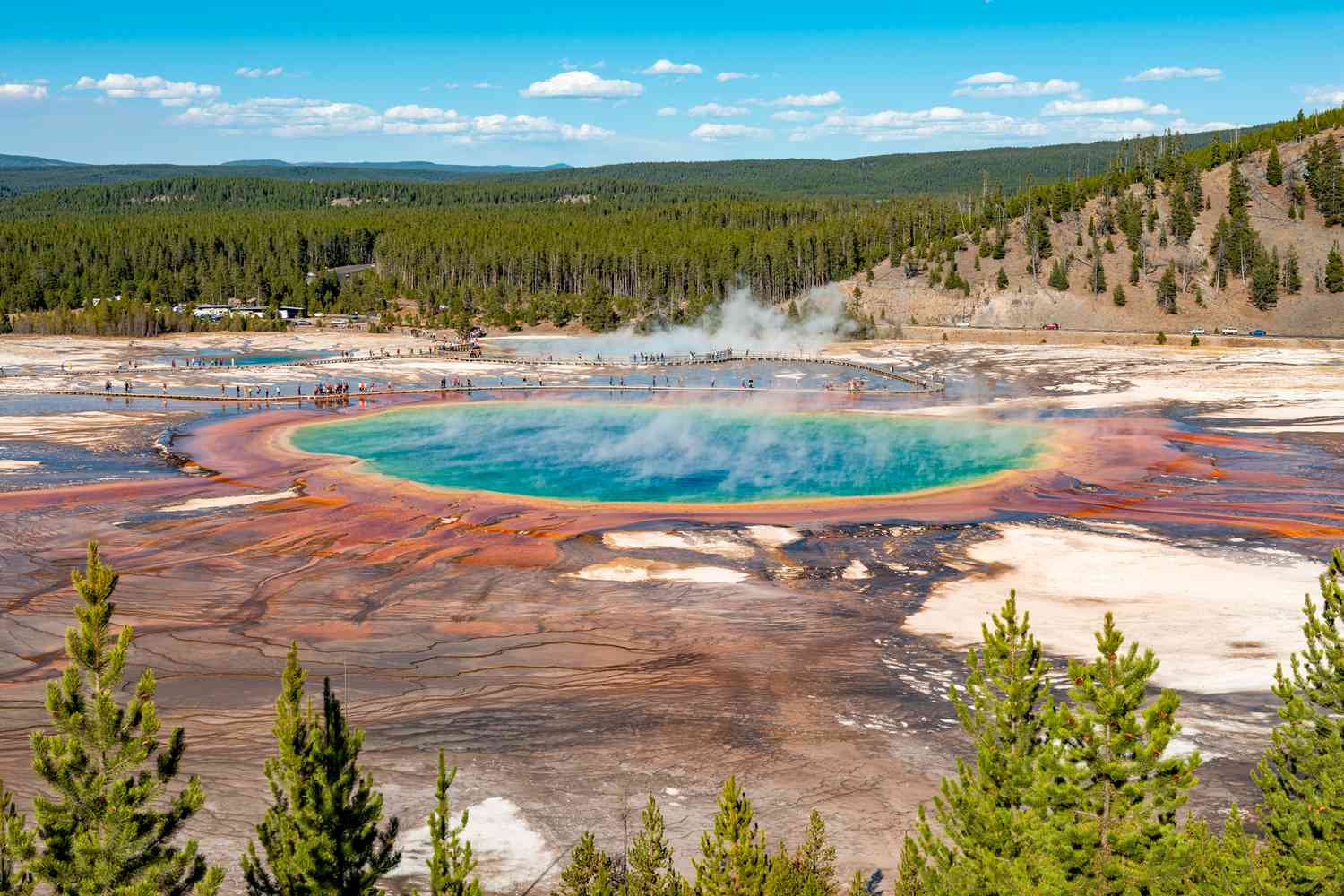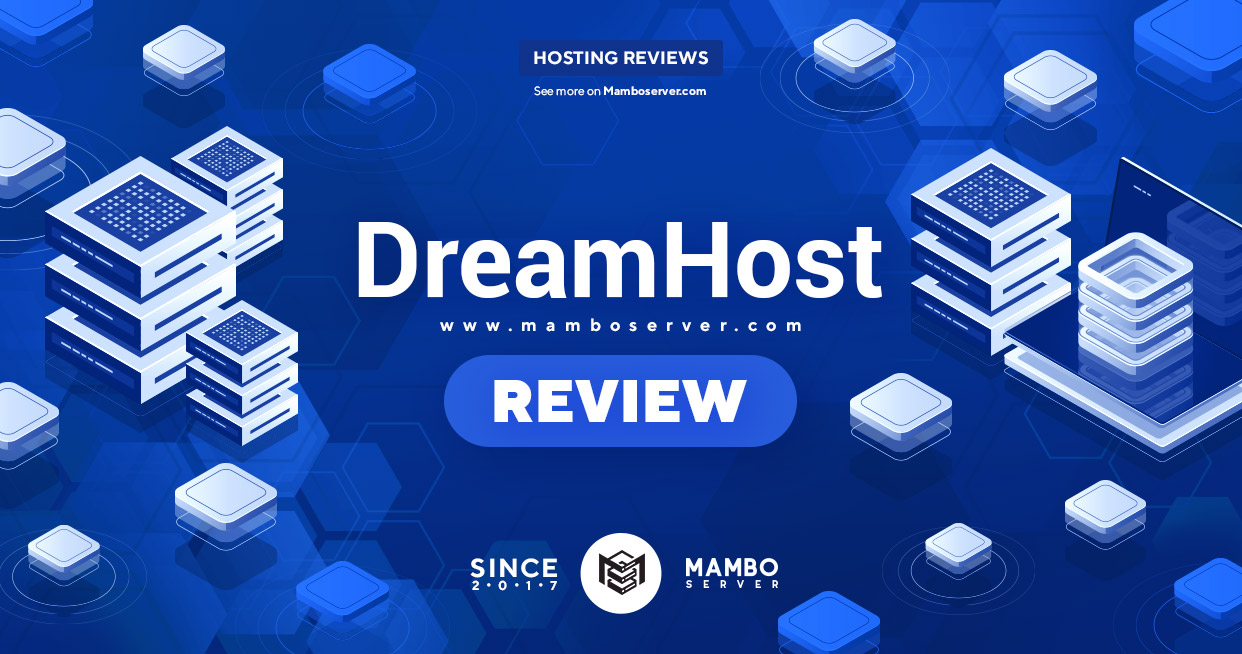
Top 10 Most Luxury Drug Addiction Rehab Centers in the World
When celebrities detox from drug or alcohol abuse, it’s not surprising that they gravitate toward the most luxurious addiction rehab centers available. Luckily, there are no celebrity status requirements for you to enjoy the high-end comforts that come with luxury addiction treatment.
1. More holistic.
2. More pleasant and easier to stay committed to.
3. Longer-lasting.
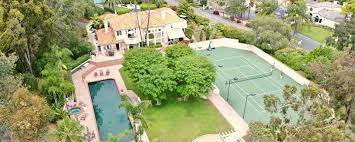
1. Aton Center – San Diego, California
Aton Center is a high-end addiction rehab center situated among the beaches and hills of San Diego. Aton Center offers both traditional treatments as well as holistic and alternative treatments.
Traditional treatments available at Aton Center include:
1. Medically assisted detox.
2. Behavioral therapy.
3. Individualized, one-on-one therapy.
4. Family therapy.
5. 12-step programs.
6. Massage therapy.
7. Acupuncture.
8. Breathing and stress reduction training.
9. Yoga and meditation.
10. Energy healing.
11. Eye Movement Desensitization and Reprocessing (EMDR).
12. Hypnotherapy.
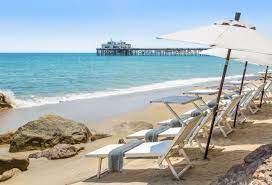
2. Malibu Beach Recovery – Pacific Palisades, California
Malibu Beach Recovery is a luxury rehab center located in a breathtaking Southern California setting that overlooks both the Malibu Canyon as well as the Pacific Ocean.
It offers holistic, gender-specific rehab aimed at repairing the brain’s reward system. Detox, behavioral therapy, and 12-step programs are provided alongside a range of additional treatment modalities.
Special features unique to Malibu Beach Recovery include:
1. The Malibu Beach recovery diet.
2. Yoga.
3. Creative arts therapy.
4. Gender-specific treatment.
5. Pristine views.
6. Both inpatient and intensive outpatient treatment programs.
7. Dual diagnosis treatment.
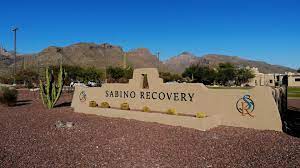
3. Sabino Recovery – Tucson, Arizona
Sabino Recovery offers holistic addiction recovery treatment in the context of the beautiful southwest deserts of Arizona. Treatment at Sabino Recovery is individualized, and offers both luxury and executive services.
In addition to detox, behavioral therapy, dual diagnosis treatment, and other “mainstream medicine” treatment modalities – Sabino Recovery features a range of naturopathic therapies and services to address the issues of trauma and substance abuse, including:
1. Equine therapy.
2. Music and sound therapy.
3. Art and movement therapy.
4. Sleep lab testing and assessments.
5. Yoga, massage, and acupuncture.

4. Acqua Recovery – Midway, Utah
Acqua Recovery is located at a beautiful lakeside setting in Utah among mountains, waterfalls, and streams. The rehab center provides private rooms with holistic addiction recovery treatment that is tailored to each individual’s unique needs and circumstances.
In addition to medical detox and therapy, Acqua Recovery’s comprehensive program also offers the following:
1. Dual diagnosis treatment.
2. Behavioral disorder treatment.
3. Outpatient services.
4. Eye movement desensitization and reprocessing (EMDR).
5. Polyvagal theory and trauma-informed care.

Greenhouse – Dallas, Texas
Greenhouse builds their treatment programs around research-based therapeutic modalities to bring the finest care possible to patients. The center provides:
1. Motivational interviewing.
2. Individualized treatment plans.
3. 12-step meetings.
4. Dual diagnosis treatment.
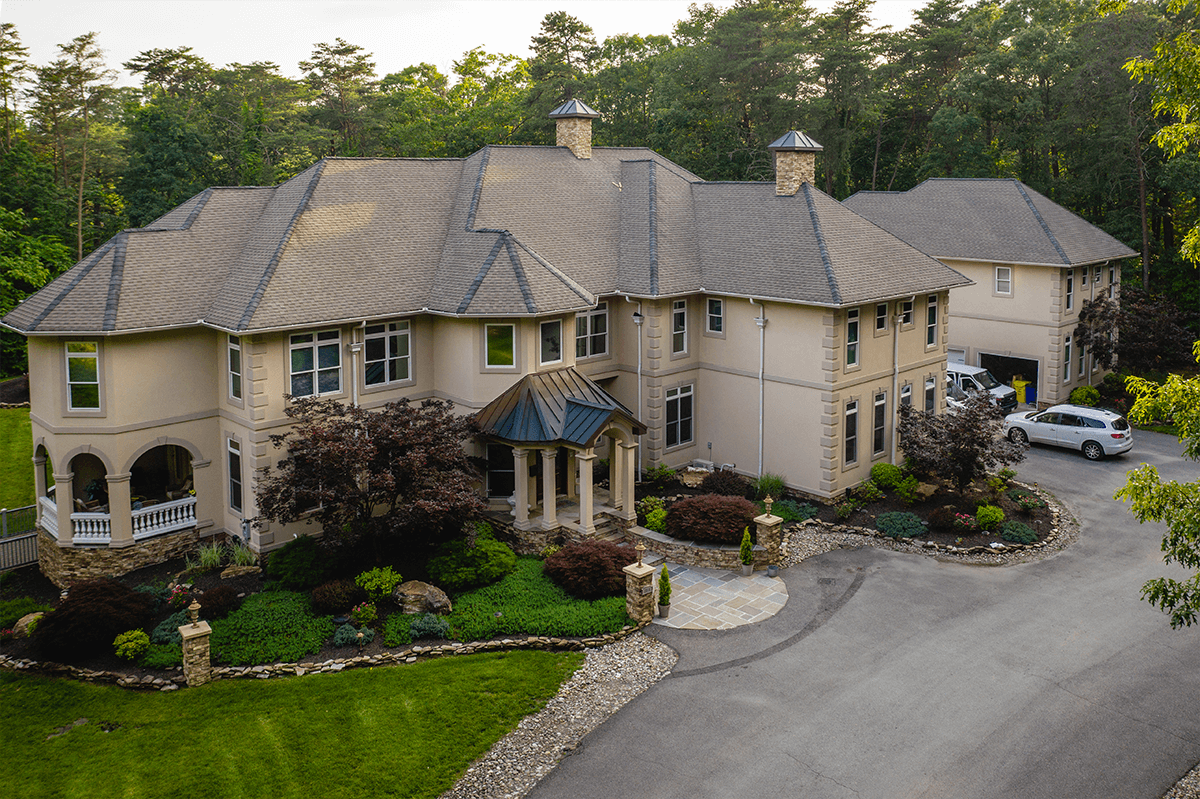
5. Tranquility Woods – Pasadena, Maryland
Tranquility Woods – located in a secluded, residential neighborhood in Maryland – blends both traditional and holistic treatment approaches to create an individualized and comprehensive addiction recovery plan.
After guests undergo detox, a 12-step behavioral addiction recovery approach is used. Guests participate in 5-8 hours of one-on-one counseling per week. Private and semi-private rooms are provided, and families of guests may also undergo a weekly family support program.
Additional feature of Tranquility Woods include:
1. Acupuncture.
2. Massage therapy.
3. Dual diagnosis treatment.
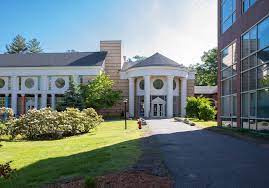
6. McLean Hospital — Belmont, Massachusetts
McLean Hospital is the largest psychiatric affiliate of Harvard Medical School and has been helping patients with psychiatric illnesses and chemical dependencies since 1811.
The credentials of the staff adds quality of the program, with PhD level clinical psychologists, board-certified psychiatrists, licensed clinical social workers, registered nurses, and high quality therapists at your disposal.
McLean Hospital a number of services to help with recovery, including:
1. Detox.
2. Behavioral disorder treatment.
3. Outpatient services.
4. Sober living homes.

7. Bluff Plantation – Augusta, Georgia
Situated in the wooded countryside of Augusta, Georgia, Bluff Plantation offers an individualized, multidisciplinary, evidence-based treatment plan that incorporates both traditional and holistic therapies.
In addition to detox and behavioral therapy, Buff Plantation treatment also offers:
1. Equine therapy.
2. Trauma and Associative Awareness Therapy (AAT).
3. Malibu Beach Recovery Diet.
4. Nutrition counseling.
5. Exercise.
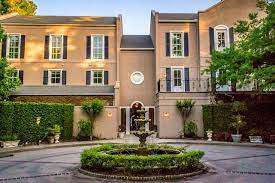
8. Sunspire Health Hilton Head – Hilton Head, South Carolina
Sunspire Health Hilton Head offers an integrated approach to addiction treatment and utilizes evidence-based clinical interventions in their programs.
The rehab center uses a combination of holistic therapies and abstinence-focused approached to provide patients with well-rounded care and the tools needed for long-term recovery. Guests are encouraged to participate in recreational activities as part of their therapy, including:
1. Baking.
2. Attending concerts.
3. Miniature golf.
4. Movie outings.
5. Bowling.
6. Visiting museums.
Private alcohol rehab at Priory
Alcohol addiction, which is also referred to as ‘alcoholism’ or ‘alcohol use disorder’, is characterised by drinking alcohol excessively, to the extent that you become both physically and psychologically dependent on alcohol in order to function effectively on a daily basis.
At Priory, we recognise that without expert, timely treatment, alcohol addiction can result in a wide range of long-term psychological and physical problems, and can even be fatal. However, it’s important to understand that alcohol addiction is treatable and you don’t have to struggle on your own. Our highly qualified addiction treatment team, consisting of psychiatrists, psychologists, therapists, and nurses, are able to offer personalised private rehab for your alcohol addiction at our specialist hospitals and wellbeing centres.
Private rehab for alcohol addiction at Priory is tailored according to your unique needs and the severity of your addiction. It may be necessary for you to undergo a comprehensive medically assisted withdrawal detoxification process in order to ensure that you are physically stable, prior to commencing with intensive alcohol addiction rehab and therapy. This will empower you to identify the underlying causes and triggers for your alcohol addiction, before equipping you with the skills to stop drinking, and regain control of your life.
Private drug rehab at Priory
Drug addiction is a condition that is characterised by taking or administering drugs on a repeated basis, until you develop a dependence on these substances. People may become addicted to illegal drugs such as heroin, cocaine, or MDMA/ecstasy, or legal prescription drugs.
If it is left untreated, drug addiction can lead to a whole host of serious problems and can have a hugely detrimental impact on all areas of your life including your relationships with others, your performance at work, your ability to function on a daily basis, and your general health and wellbeing.
Using PMI for addiction rehab
The Priory is also a registered and approved provider for all of the UK’s leading private medical insurers, including Bupa, Vitality, Aviva, Cigna, WPA and AXA Health. If you have access to private medical insurance, either personally or through your workplace, your policy may require you to obtain a GP referral before commencing with private rehab at Priory. Speak to your insurer for more details of their referral process.
FAQ Question
What can a patient bring to rehab?
Every rehabilitation centre nearby has its own set of permitted and prohibited items and so, it is best to contact the rehabilitation centre to know what can be brought. Usually, a bag packed for rehab should have clothing, toiletries, hygiene products, etc. Most rehabilitation centres in Delhi provide meals, snacks, and bed linens.
Do rehabilitation centres in Delhi provide aftercare planning?
Yes, most rehabilitation centres offer aftercare planning. They understand the importance of a relapse prevention plan. They make sure that their clients have access to the support and resources that they need to maintain their recovery. This may include connections with outpatient care options, support groups, psychiatrists, etc.
What is the concept of rehabilitation center?
Rehabilitation centres work with a structured regime for every patient to help them get back to health. Rehabs cater to a variety of patients so it should be universally accessible and gives the respective rehab program to each patient as per the use such as drug abuse, trauma, recuperating from injury, etc.
What is the most difficult part of the rehabilitation process?
The detox process is often regarded as the most difficult part of rehab physically. This is because the withdrawal process can cause uncomfortable, and even dangerous, physical and psychological symptoms, such as shakiness, nausea, irregular heartbeat, depression, agitation, mood swings, and insomnia.
What are the three principles of rehab?
Harold Derbitsky is the author of “Evolution of Addiction Recovery”. In this new book, he examines and compares well-known treatment methods and indigenous ceremony with the three principles. These are the principles of Mind, Consciousness and Thought.
Why is rehabilitation important?
enable a person to return to work, get into work or stay in work reduce the cost of nursing, residential and social care. reduce the risk of falls. reduce the associated costs of mental health illness. reduce the costs associated with diabetic care.
What are the principles of rehabilitation?
Seven overarching principles can be applied to any rehabilitation program: avoiding aggravation, timing, compliance, individualization, specific sequencing, intensity, and consideration of the total patient.
What is the process of rehabilitation?
Rehabilitation is the process of helping an individual achieve the highest level of function, independence, and quality of life possible. Rehabilitation does not reverse or undo the damage caused by disease or trauma, but rather helps restore the individual to optimal health, functioning, and well-being.
What is the order of rehabilitation?
A Certificate of Rehabilitation is a court order that says someone who was (1) convicted of a felony and (2) served time in state or local prison, has been rehabilitated. It does not erase your criminal record.
What factors affect rehabilitation?
Stress and depression have a known negative effect on rehabilitation effort and compliance. This indirectly leads to persistent postoperative symptoms, including pain and stiffness; however, there is also a direct association between stress, depression, and higher pain scores regardless of rehabilitation quality.
Read More:








